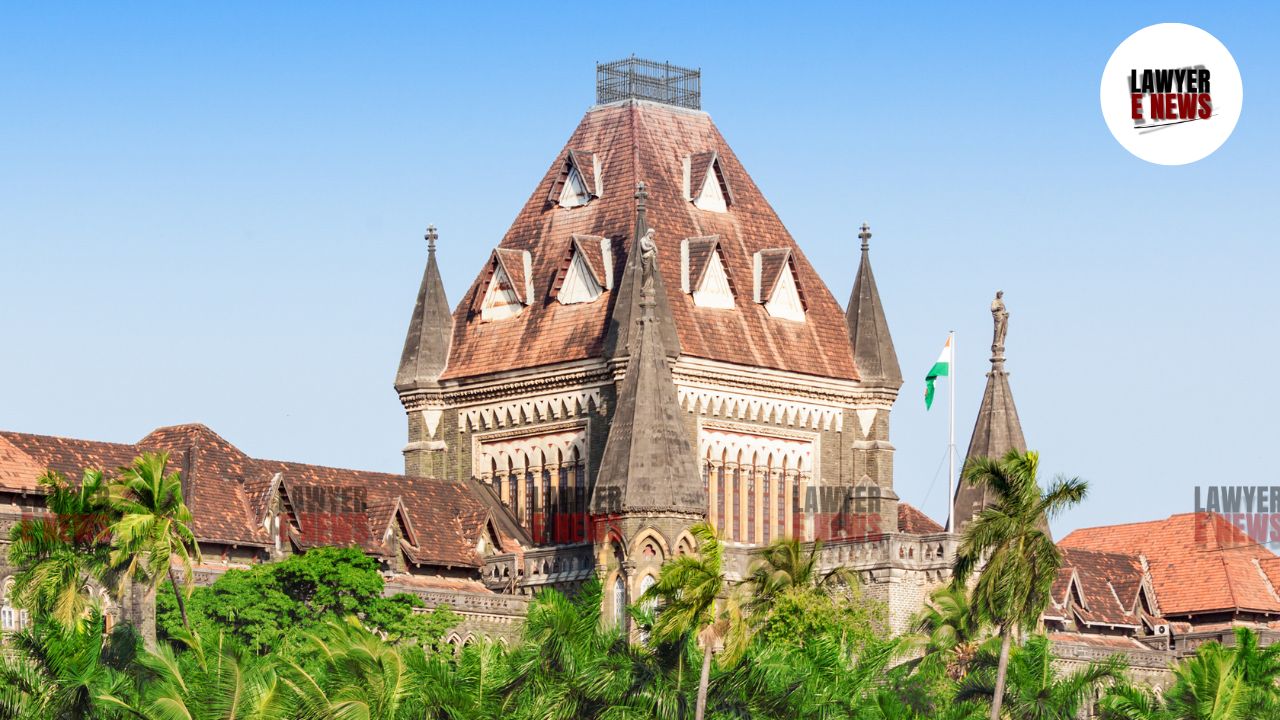-
by sayum
14 February 2026 2:22 PM



“One wonders how a mother, for whatever reason, could wish to mask the child’s paternity… This undermines the child’s interest” — In a strongly worded judgment Bombay High Court (Aurangabad Bench) dismissed a writ petition filed by a woman seeking to register herself as the sole parent on her child’s birth certificate, excluding the name of the biological father. The Court observed that the petitioner’s request was not rooted in the welfare of the child but appeared to be driven by personal vendetta arising from ongoing matrimonial disputes.
The Division Bench of Justices Mangesh S. Patil and Y.G. Khobragade held that such a request was “a sheer abuse of the process” and imposed a cost of ₹5,000 on the petitioner.
The petitioner, Sushma Thete, wife of respondent no. 3, had approached the Court seeking a writ of mandamus against the Municipal Corporation of Chhatrapati Sambhajinagar, directing the authorities to issue a birth certificate of her child by mentioning only her name as the single parent.
She relied on earlier judgments including ABC v. Bombay Municipal Corporation of Greater Mumbai and ABC v. Mumbai Municipal Corporation, where courts had allowed unwed mothers to be recorded as sole parents in exceptional circumstances.
However, in the present case, the child was born during the subsistence of marriage and the biological paternity was not disputed. The petitioner justified her prayer on the ground that her husband was “addicted to vices” and “had never even seen the face of the child.”
“Treating the Child as Property”: Court Denounces Misuse of Law in Matrimonial Conflict
Criticizing the intent behind the petition, the Court observed: “This petition substantiates a common experience as to how a matrimonial dispute is the genesis for multiple litigation… This demonstrates to what extent the parents embroiled in a matrimonial dispute can go to satisfy their ego.”
The Bench warned against the objectification of children as extensions of parental conflict, remarking: “The relief being claimed clearly demonstrates that she can go to the extent of treating her child as if it is a property in respect of which she can claim some rights, ignoring the interest and welfare of the child.”
“Right to Identity Is a Child’s Right, Not Parent’s Whim” — Bench Emphasizes Welfare
The High Court drew a sharp distinction between cases of unwed mothers (where paternity may be unknown or legally unestablished) and the present case, where both parents were married and the biological link undisputed.
Referring to the landmark judgment by the Supreme Court in ABC v. Union of India, the Court noted: “Even the Supreme Court, while dealing with the plea of an unwed mother, took care to secure the child’s right to know his father’s identity by recording the name in a sealed envelope, to be opened only upon direction of the Court.”
The Bench underlined that: “Neither of the parents can exercise any right in respect of the child’s birth record. The welfare of the child is of paramount consideration.”
Finding the petition to be an abuse of legal process, the Court dismissed it with a cost of ₹5,000, payable within two weeks. Failing this, the amount would be recoverable as arrears of land revenue.
“We have no manner of doubt that the petition is a sheer abuse of the process and waste of precious time of this Court.”
This judgment delivers a clear message that legal forums cannot be used to fuel ego battles in matrimonial conflicts, especially when such actions risk compromising a child’s identity, dignity, and long-term welfare. The Court has emphatically stated that paternity is not a detail parents can erase based on personal grievances, and that the child’s right to identity is inviolable.
Date of Decision: 28 March 2025
